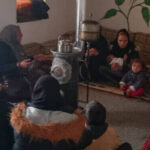
“Women’s communes in North and East Syria strengthen women’s roles and organize them democratically, ensuring participation in society. Born from the women’s revolution, they promote equality, freedom, and confront social and political challenges."
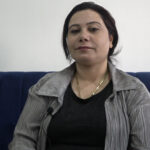
Women’s economy is a transformative force that restores women’s historical roles in production and organization, empowering them with independence and the ability to build a just, balanced society based on participation and equality.
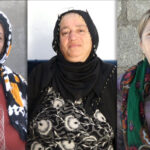
Communes in North and East Syria are regarded as the cornerstone of organizing daily life. They operate under a co-chair system and comprise 12 committees designed to build a cohesive democratic society, resolve problems through dialogue, and foster popular solidarity.
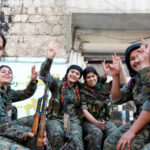
19 July 2025 marked the 13th anniversary of the Rojava Revolution.
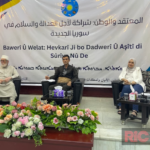
Rojava Information Center interviewed figures and structures associated with Islam in North and East Syria. They included members of the Democratic Islam Congress and Delal Khelil from the Council of Religions and Beliefs, both structures which RIC previously interviewed in 2020. RIC also spoke to Sheikh Murshid Khaznawi, the son of Sufi Sheikh Maashouq Khaznawi, who was tortured and assassinated by the former Ba’ath government in 2005.
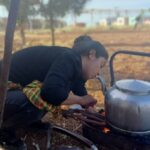
Jinwar is home to many different women that have decided to join the community for a variety of different reasons. Something that unites all of them is their search for a free life in communality and the wish to learn, to strengthen and develop as women. Some of them have lost their husbands in the war, or others have freed themselves from domestic violence or forced marriage. There are also Yazidi women who have begun a new life here after they were liberated from the enslavement of ISIS.
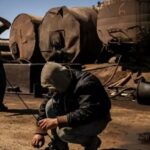
North and East Syria (Rojava) suffers from extensive oil pollution caused by Turkish bombardments of oil refineries, significantly affecting rivers, fields, and air quality, and leading to an increase in cancer cases among residents.
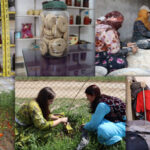
Kongra Star continues to develop projects and establish cooperatives in northeastern Syria to promote women’s economic empowerment.
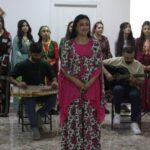
Today in North and East Syria the art and culture movement has developed further, building the Women’s High University for Art and Culture. The university is based in Haseke and is part of Hilala Zerin, an autonomous women’s organisation for art and culture. This article explores the university’s role within Hilala Zerin and its impact on the broader mission of building a democratic society and women’s freedom.
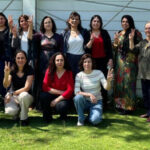
Representatives of 21 women's organizations and political parties in Kurdistan came together and formed the Kurdish Women's Unity Platform.
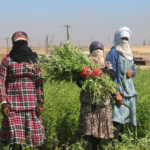
About 100 women, who participate in the Demsal Project launched by the Kongra Star Economy Committee in the town of Tirbespiyê, provide agricultural and dairy products to the people of the town.
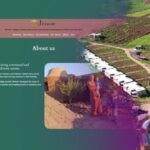
For International Women's Day 2025, we take an in-depth look into life inside Jinwar women's village in Rojava’s Cizîrê Canton, in northeast Syria. Kurdish News platform Mezopotamya Agency recently carried out an important interview with village residents about life and collective resistance at Jinwar.












